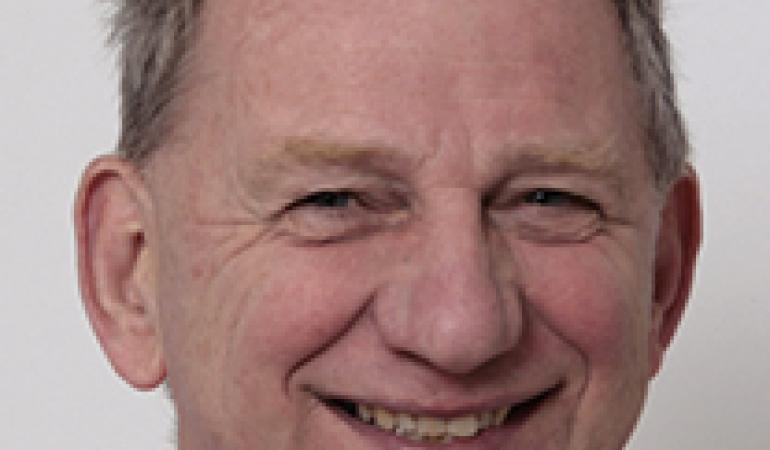
On 15 March 2016, Jacob van Klaveren was appointed as guest Professor in risk-benefit analyses at the Technical University of Denmark, DTU. He will work on the improvement of (international) risk-benefit analyses of chemicals in food. In addition to scientific and methodological issues, international cooperation and recognition on the integrated risk assessment approach is an important aspect of his guest professorship. Van Klaveren is senior scientific advisor of mixture exposure and risk assessment at the center for Nutrition, Prevention and Health Services at the Dutch National Institute for Public Health and the Environment (RIVM).
Jacob van Klaveren research focuses on mixtures, including chemicals with hazardous effects. However, food safety research should not emphasise risks only, without considering beneficial aspects of food consumption in cases that the risk can’t be avoided. ‘My objective is to streamline data collection needed for quantitative risk-benefit analyses and to improve the concept of comparing the risk and benefits based on gaining or loosing DALYs (Disability Adjusted Life Years). In addition to this already existing framework, we should better understand the concerns of risk managers and the consumer regarding food safety issues such as hazardous effect of chemicals including mixtures of pesticides or endocrine disrupting chemicals. A better and more quantitative understanding of the risk-benefit analyses will help future food policy decisions to be made on innovations or product improvements in the food sector or the food chain’.
Background
Professor Jacob van Klaveren studied Human Nutrition at Wageningen University and Research Centre. He worked at Wageningen UR until 2009 and was responsible for innovation and strategy of food safety research of the applied research institutes of Wageningen UR. Since 2010, he has worked for the Dutch National Institute for Public Health and the Environment, RIVM, as head of the department on databases and exposure assessment and later as senior scientific advisor on mixture exposure assessment.
He coordinated the EU (European Union ) funded ACROPOLIS project and several EFSA projects. Since 2015, he is in charge of the EFSA-RIVM partnership on improving exposure assessment of mixtures of pesticides in Europe. Since 2015, he is coordinating the Horizon 2020 EuroMix project, regarding a new strategy for mixture testing and risk assessment.